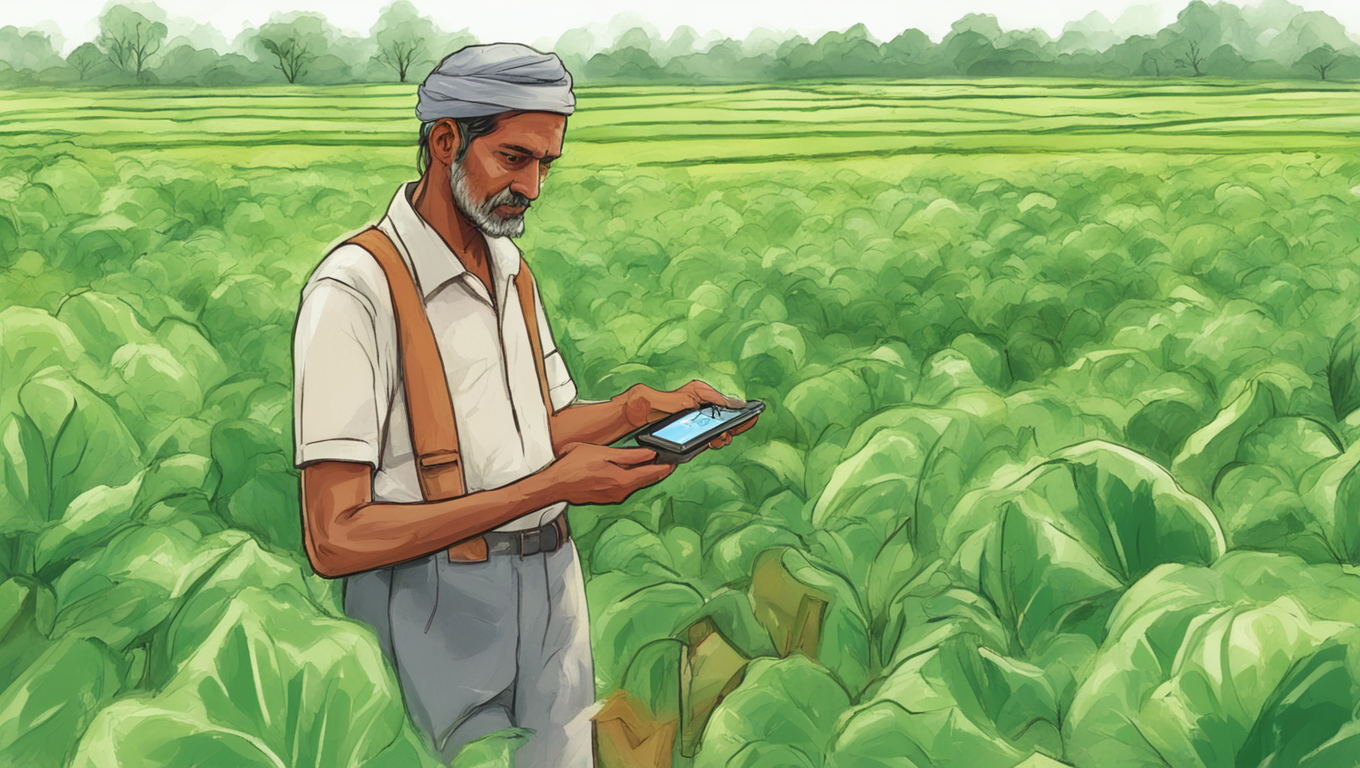India is setting its sights on revolutionizing the food processing sector by embracing artificial intelligence (AI) to boost efficiency, increase farmers' incomes, and reduce environmental impact. During a conference organized by the National Institute of Food Technology Entrepreneurship and Management, senior officials emphasized the need for a clear roadmap to deploy AI tools in the country’s massive food processing industry.
Anita Praveen, Food Processing Secretary, highlighted the importance of creating a roadmap for the industry and expressed confidence in the support of the Ministry of Electronics and Information Technology (MEITY). She stated, “The MEITY secretary has come on board. I am sure he is going to be a big support in this endeavor.” S. Krishnan, the secretary of MEITY, urged wider adoption of AI, acknowledging that while some work in agriculture had already begun, the food processing sector was still in its early stages of utilizing such technologies.
Ramesh Chand, a member of NITI Aayog, emphasized the potential of AI in facilitating efficient food processing that is “climate smart.” He outlined the benefits of using AI to develop simple portable devices for assessing the quality of agricultural produce, stating, “Can we think of low-scale devices to check the quality of the produce? In the absence of assaying devices, we are still focusing on quantity rather than quality.” Chand further suggested that such devices could be a “great service to the nation.”
The implementation of AI tools in the food processing sector aligns with India’s goal of achieving net-zero emissions by 2070. By leveraging AI technology, India aims to enhance overall sector efficiency, ultimately benefiting farmers, consumers, and the environment.
This move by India reflects a growing recognition of the potential of AI to revolutionize the food industry. AI-powered technologies have already demonstrated their efficacy in various aspects of agriculture, from precision farming and crop monitoring to soil analysis and disease detection. By incorporating AI into food processing, India hopes to enhance both the quality and quantity of its agricultural produce, meeting the increasing demand for safe and nutritious food while minimizing environmental impacts.
The use of AI in the food processing sector holds great promise. According to a report by McKinsey Global Institute, AI has the potential to generate additional value of up to $2.6 trillion in agriculture and food alone. By automating tedious tasks, optimizing resource allocation, and improving decision-making processes, AI can improve supply chain efficiency and reduce waste. Additionally, AI can enable better quality control, ensuring that consumers receive safe and high-quality food products.
As AI continues to advance, its application in the food processing sector will likely become more widespread. This transition will require collaboration between the government, industry players, and technology innovators to build the necessary infrastructure, develop robust AI algorithms, and address any potential ethical or data privacy concerns.
India’s push to embrace AI in the food processing sector serves as an inspiration for other countries and industries grappling with similar challenges. By leveraging frontier technologies like AI, nations can transform their agricultural and food systems, benefiting both the economy and the environment. In the words of MEITY Secretary S. Krishnan, “Artificial intelligence presents a vast landscape of opportunities that must be explored to enhance productivity and sustainability in the food processing sector.”





Use the share button below if you liked it.